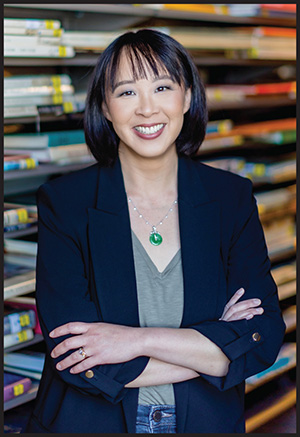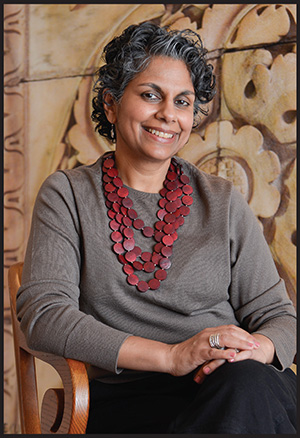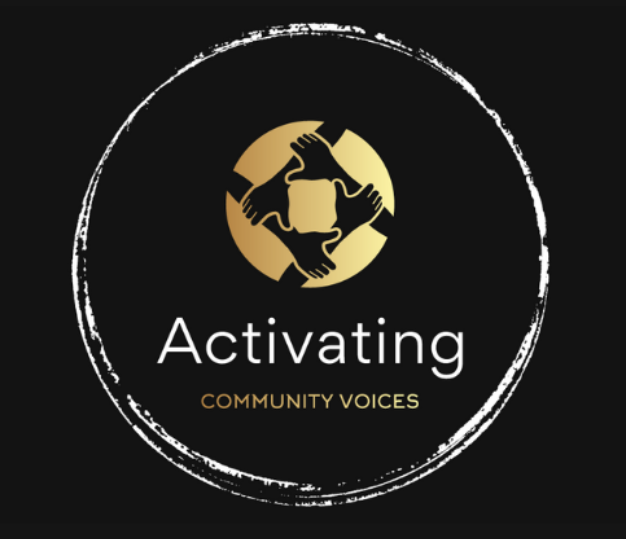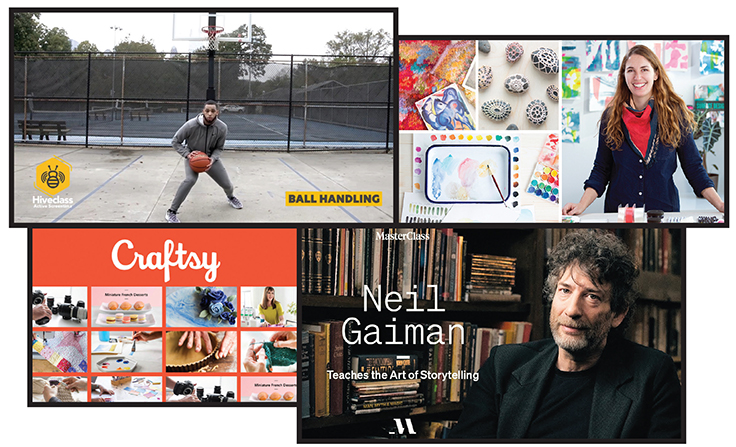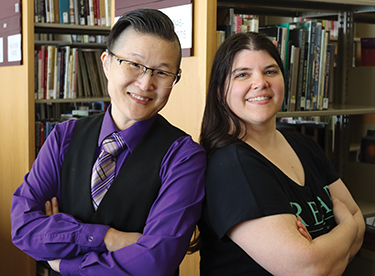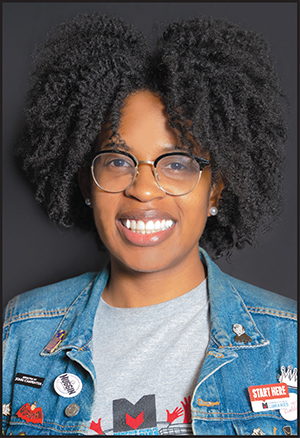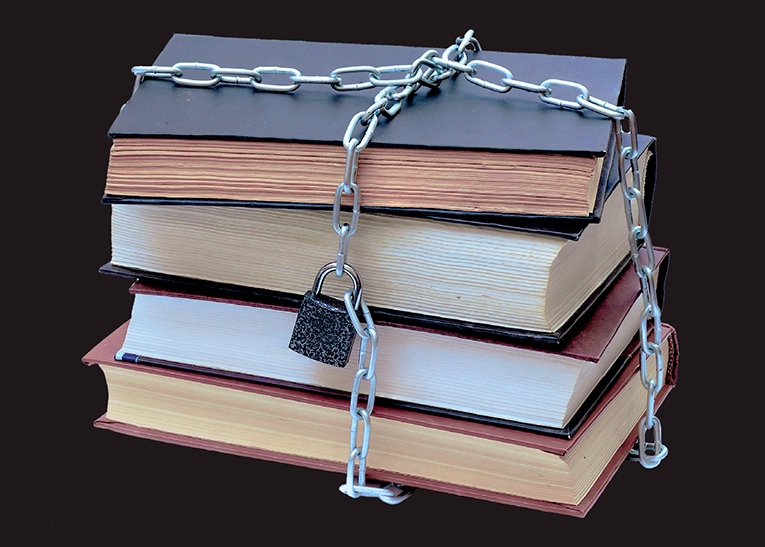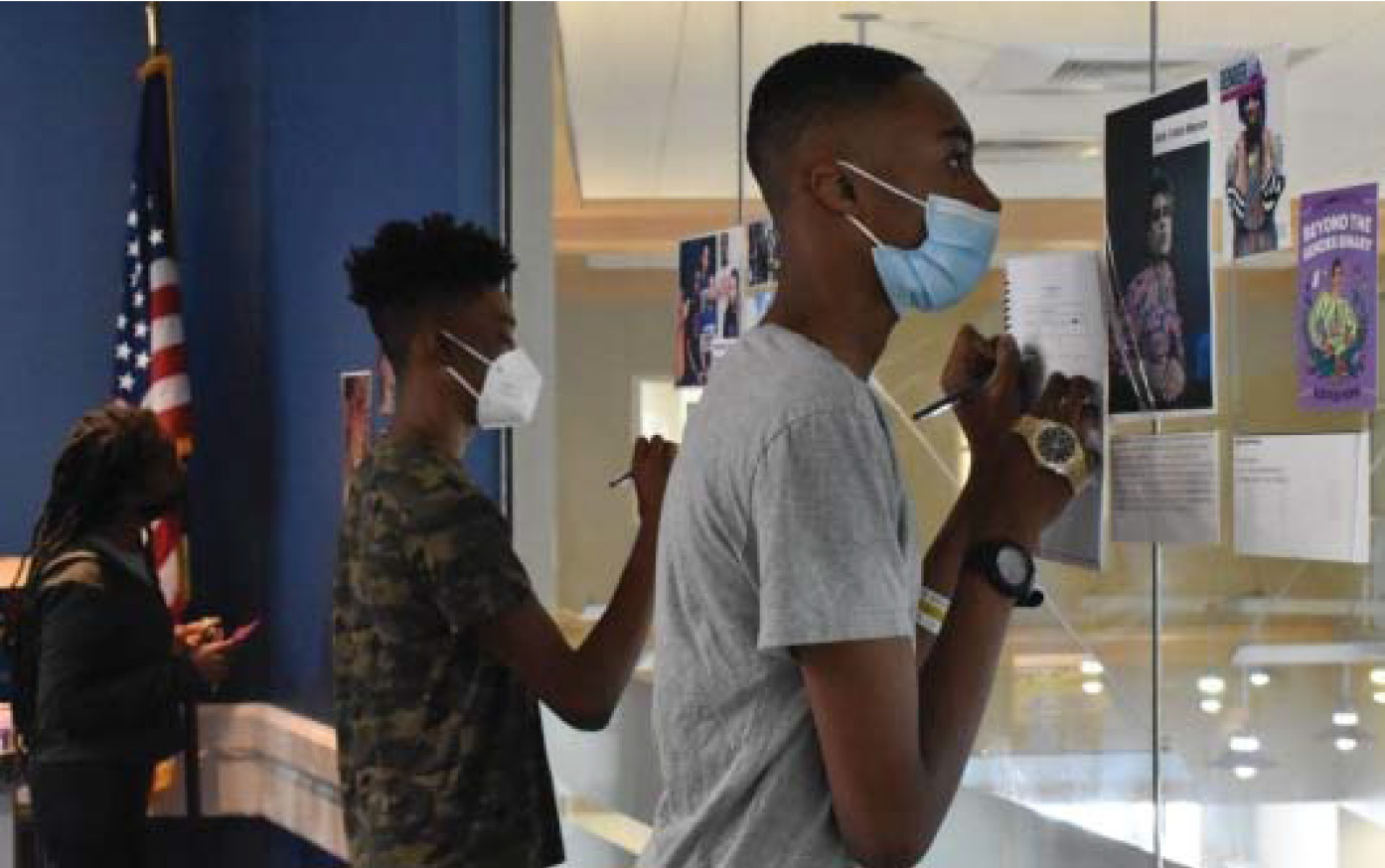Programming
Monnee Tong’s career has been shaped by her passion for social justice, which carries through to her work as supervising librarian at San Diego Public Library.
For Siva Ramakrishnan, being director of Young Adult Programs and Services for New York Public Library (NYPL)—part of NYPL’s Tisch Youth Education Programs—means giving teenagers the resources they need to grow, whether that involves 3-D printers or a sense of community.
Ericson Public Library, IA, needed a program that highlighted the varied dimensions of equity while bringing members of the community together—a program that demonstrated how diversity unites us, rather than divides us. We found that opportunity through round two of the American Library Association’s Libraries Transforming Communities grant, receiving funding to implement an equity project called “Activating Community Voices.”
Demand for educational video resources continues to grow. Apps including Craft & Hobby, Creativebug, and Hiveclass, as well as streaming DIY video from OverDrive and hoopla, are helping patrons learn how to do everything from sewing to pickleball.
Alicia Deal and KayCee Choi nominated each other for the same reason—their advocacy for d/Deaf (Hard of Hearing/Deaf) culture. The two have spearheaded Dallas Public Library programming for National Deaf History Month in April; Deal and Choi created programs about major league baseball player William Hoy and author and activist Helen Keller, among others, which drew about 100 patrons total.
Courtney Shaw's innovative programming across numerous communities—including prisons and a local nonprofit that supports youth and adults experiencing homelessness—features Techie Senior classes to help decrease social isolation for the elderly, story time and early literacy education, youth STEM programs focused on coding and robotics, health and financial literacy programs, library card signups and mobile phone circulation, and arts and cultural offerings.
When a planned event came under attack, Downers Grove Public Library staff handled the hostilities, keeping safety a priority.
Prince George’s County Memorial Library System, MD, last August hosted its first annual social justice summer camp. During five full days at five separate branches, groups of teens learned about the history of social justice movements along with project management skills to help effect change in their own communities.
Youth Services Librarian Elaine Pelton from the Washington, DC Public Library shares how to have a successful Evil Laugh Contest virtual library program in 16 easy steps.
ALREADY A SUBSCRIBER? LOG IN
We are currently offering this content for free. Sign up now to activate your personal profile, where you can save articles for future viewing
